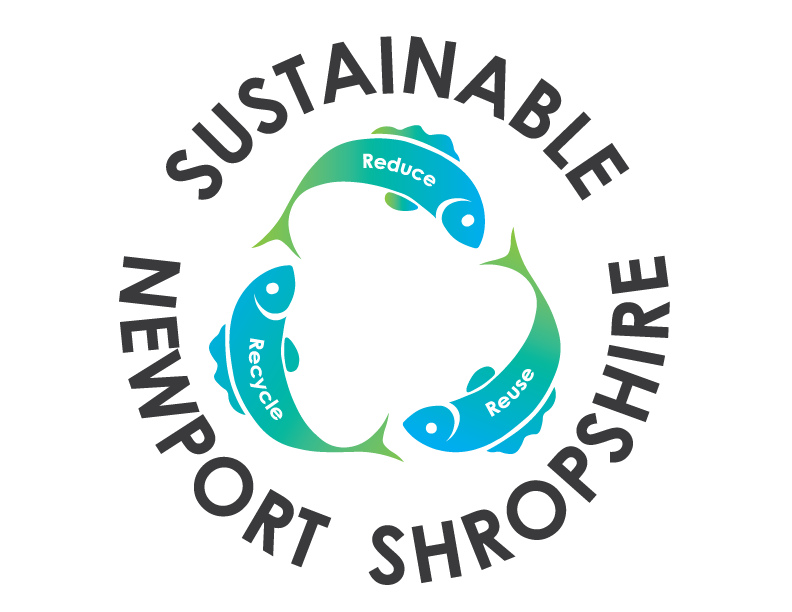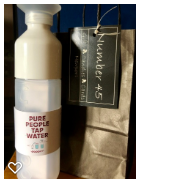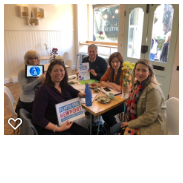This week my family joined 100 UK households to collect and analyse our single use plastic waste. We collected the (clean) plastic in a separate bin, hunted down rogue plastic in the “regular” bin, and kept a tally chart of “personal” plastics such as dental floss. It became a game. Was every scrap of plastic accounted for? A few items might have escaped the dedicated plastics bin, but the vast majority of it was captured for analysis.
Everyday Plastics provided a downloadable survey handbook, separated into six categories of soft and hard plastic, one each for: food and drink, cleaning, toiletries and medicine, and other. There were over 100 subcategories to further refine our plastics use.
We participated in Zoom meetings. We hand sorted the week’s plastic collection on the dining room floor, took photographs and submitted our evidence.
Dan from Everyday Plastics challenged participants to make one small change to their purchasing habits to reduce our single use plastics consumption. For my family, the biggest gains are to purchase fruit and vegetables that are “unwrapped”, not prepackaged already at the supermarket. I have reusable produce bags and I’d love the opportunity to use them more often. Sadly unwrapped produce isn’t prevalent in my local supermarkets.
I’m looking forward to receiving Everyday Plastic’s expert analysis of my household’s plastics footprint in two weeks time. I’d love to hear your tips for reducing household single use plastics consumption.
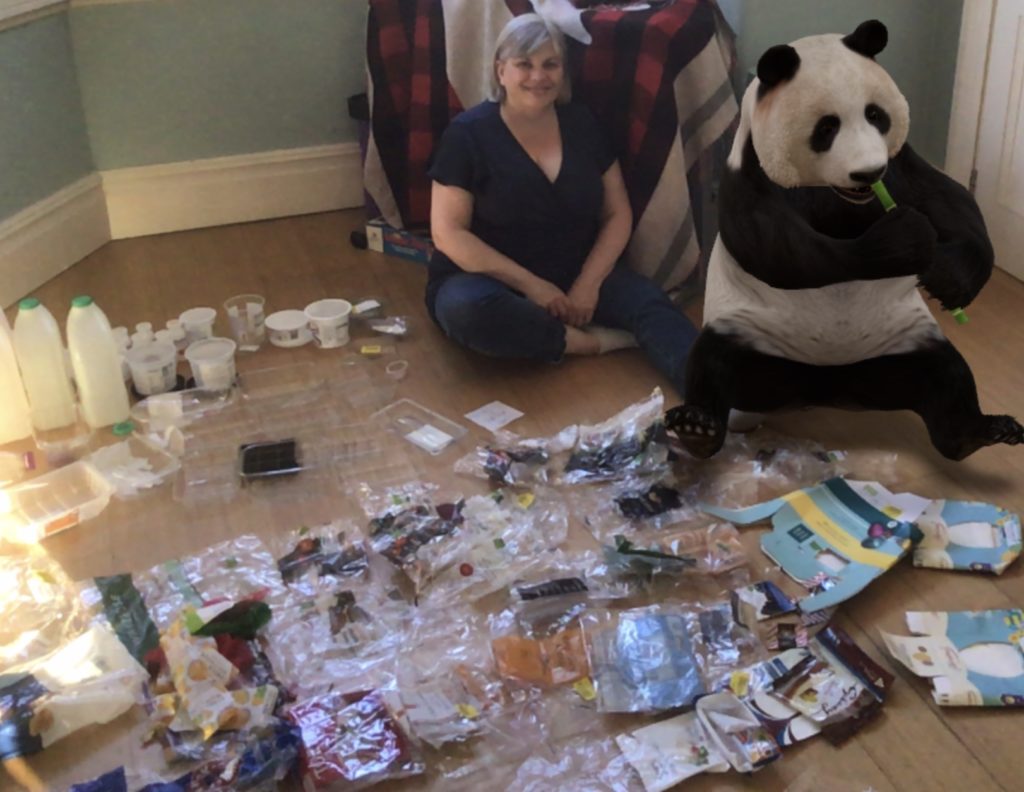
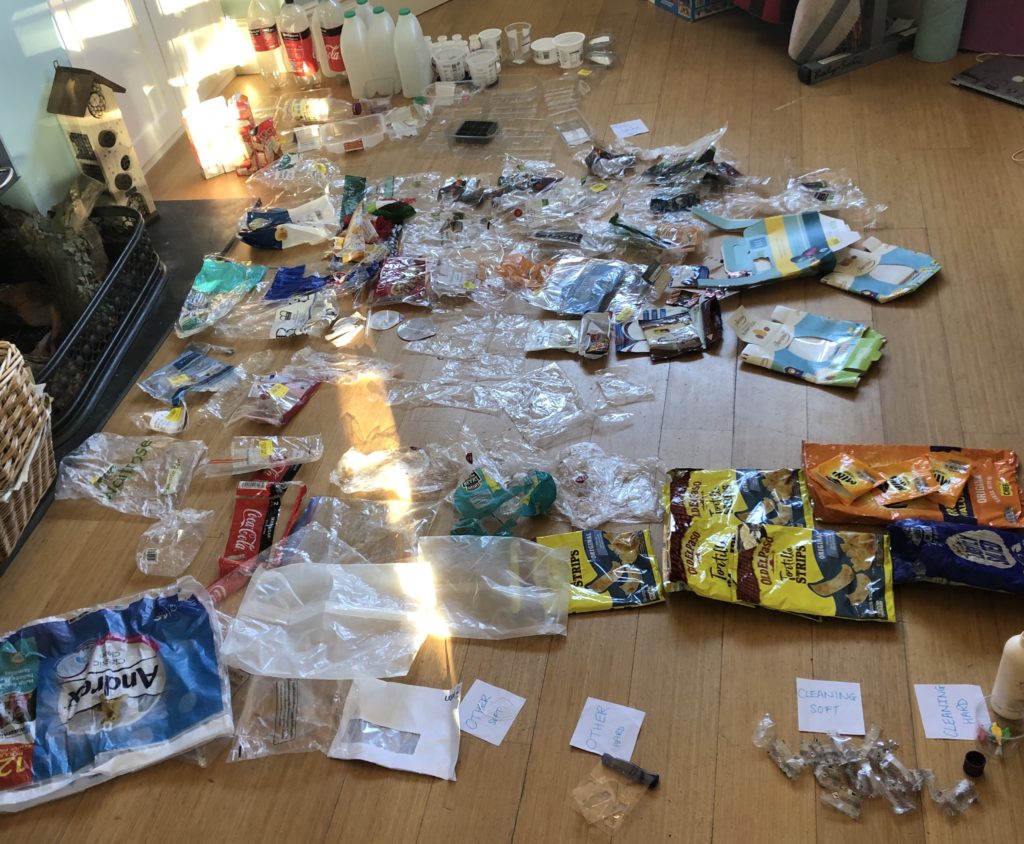
Susanne Bearblock, Sustainable Newport Shropshire
12 May 2020
